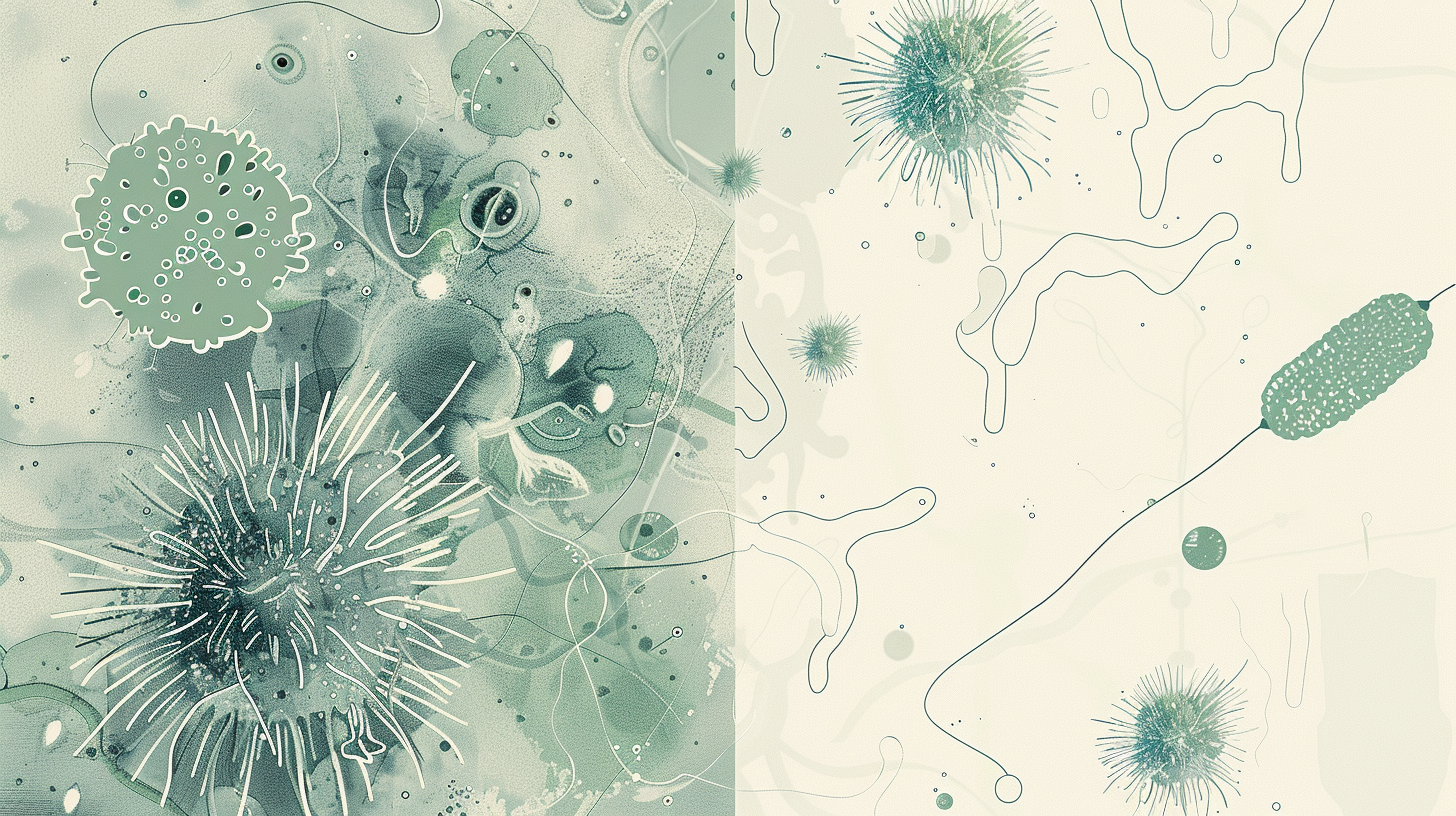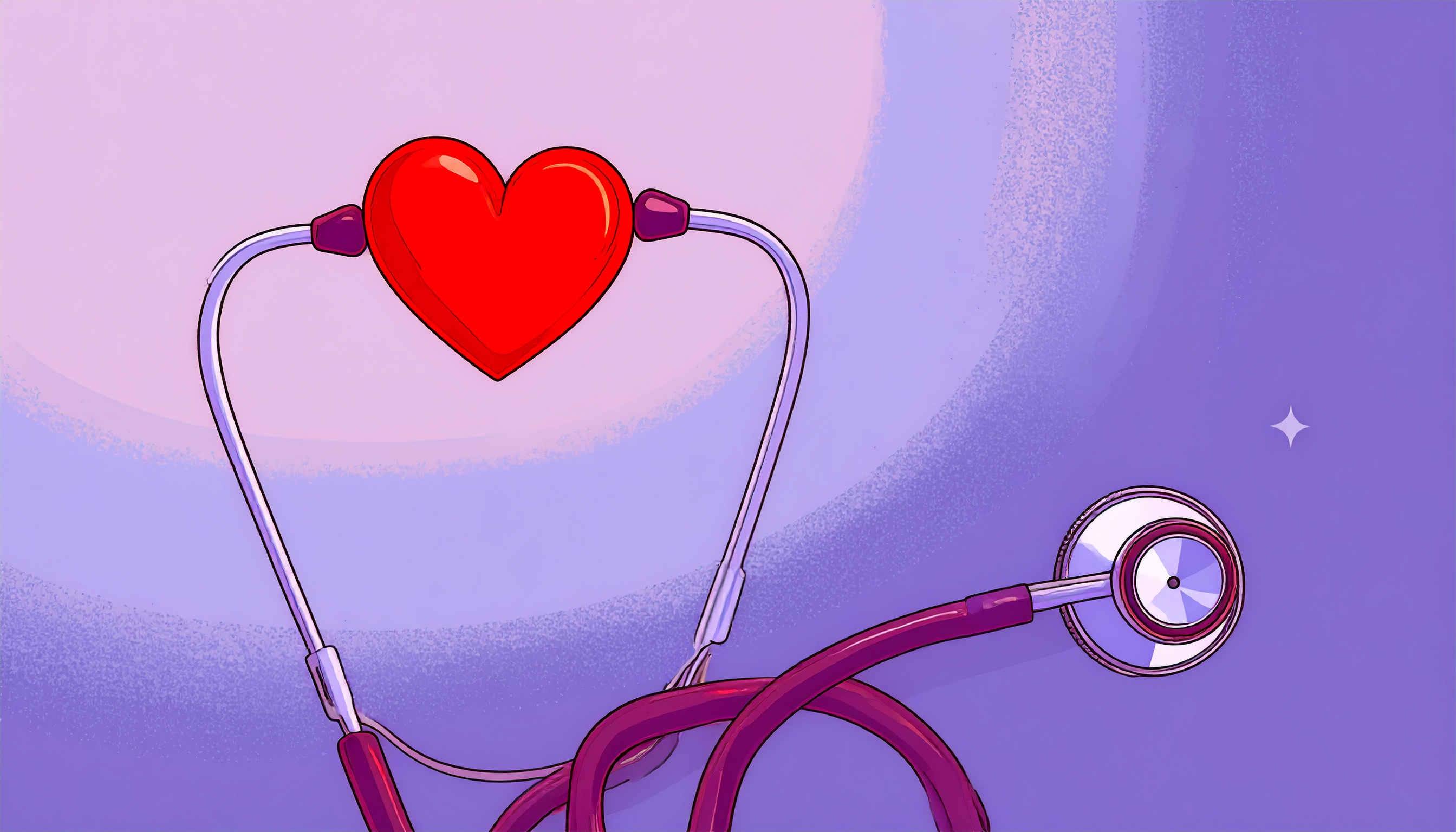Many factors influence your gut microbiome composition. Diet is one of them. Still, how quickly can dietary interventions trigger gut microbiome changes? Can meaningful transformation happen in only 5 days? Researchers sought to answer just that.
Changing your diet requires more than just willpower: it demands emotional resilience and the determination to step away from familiar foods. As you sit there chewing through your kale salad instead of reaching for a factory-made snack, a question inevitably creeps in: Is this actually working?
The uncertainty can be maddening. You’ve made the mental commitment, endured the grocery store confusion, and wrestled with cravings. But how long does your body need to recognize these changes? When will your cells, your energy levels, and your overall health start responding to your efforts?
The answer might surprise you – and give you the motivation to keep going.
How to Reset Gut Microbiome: The 5-Day Study That Shocked Scientists
In 2014, Scientists at Harvard and UC San Francisco decided to test how rapidly the gut microbiome changes. They selected two contrasting diets – one plant-based and one animal-based – and asked people to follow either for 5 days (1). The results deepened our understanding of gut microbiome plasticity.
Plant-Based vs. Animal-Based: The Five-Day Experiment
The two diets varied according to their primary food source: a plant-based diet (rich in grains, legumes, fruits and vegetables) and an animal-based diet (which was focused on meats, eggs and cheeses.)
The results were surprising: changes began within a single day of switching diets, with significant shifts in bacterial populations visible within 24-48 hours (1, 2).
| 🥩 Animal-Based Diet | 🌱 Plant-Based Diet |
|---|---|
| Increased bile-tolerant bacteria. Higher Alistipes, Bilophila, and Bacteroides. | Increased carbohydrate-fermenting bacteria. Higher levels of plant polysaccharide metabolizers. |
| Decreased plant-digesting bacteria. Reduced Roseburia, Eubacterium rectale, and Ruminococcus bromii. | Food-associated microbes. Transient colonization by plant-derived bacteria and fungi. |
| Inflammatory bacteria increase. Higher Bilophila wadsworthia linked to inflammatory bowel disease. | Reduced bile acid exposure. Lower bile acid concentrations vs. animal diet. |
| Slower gut transit – Median transit time increased from 1.0 to 1.5 days. | Faster gut transit. Median transit time of 1.0 days vs. 1.5 on animal diet. |
By day four of either dietary pattern, researchers could accurately predict what someone was eating just by analyzing their stool sample (1). This shows just how responsive your internal ecosystem is to your food choices.
To summarise, the key findings were:
- Changes start immediately. Your gut bacteria begin shifting within 24 hours of changing what you eat.
- Food beats DNA. Your daily food choices override your genetic predisposition when it comes to gut bacteria.
- Quick, measurable results. You can detect meaningful shifts in your microbiome in less than a week.
The Evolutionary Wisdom Behind Rapid Gut Changes
The reason your gut bacteria transform so quickly comes from millions of years of evolutionary refinement. For our ancestors, food availability could shift dramatically without warning – weeks of plant-based foraging might suddenly transition to periods of animal protein following a successful hunt (1).
Your microbiome’s ability to rapidly adapt ensured optimal nutrient extraction regardless of what was available. This survival mechanism meant the difference between thriving and struggling when food sources changed unpredictably.
Today, this same rapid-response system activates every time you make significant dietary changes. Your gut bacteria essentially “reprogram” their metabolic machinery to match your new food choices within days – giving you remarkable control over your internal health.
What This Means For Your Health in 2025
When we change our diet, the bacteria in our guts react very quickly. Within days, certain species step into the spotlight while others fade: they activate different genes, use different metabolic strategies, and produce different beneficial compounds.
Subsequent studies continue to confirm that diet can have a significant impact on our gut community (2, 3). A 2023 study found that within just 2 days of changing what people ate, researchers could measure “immediate” changes in these chemical messengers in participants’ blood (4). The gut bacteria responded to a Mediterranean diet “within 48 hours,” and at the same time, the chemical signals they send to communicate with the rest of the body changed too.
This means when you start eating differently, you’re not just changing which bacteria live in your gut – you’re quickly changing the conversations happening between your gut, your brain, your liver, and your immune system. These rapid shifts in your body’s internal messaging system help explain why some people notice changes in their energy, mood, or digestion within just a few days of improving their diet.
Consistency in gut-healthy eating patterns matters more than occasional perfect days.
But, there is a caveat: these changes depend on consistency. Although dramatic, these changes are surprisingly reversible. Beneficial shifts can revert within 2 days of stopping the new dietary pattern (1).
4 Science-Backed Strategies You Can Start Today
For health-conscious individuals, this evolutionary rapid-response system creates both challenges and exciting opportunities. Ultra-processed foods and inconsistent eating patterns can repeatedly disrupt beneficial microbial communities. As we age, our gut becomes less resilient, making consistent, nourishing choices even more important for maintaining optimal health.
That’s why it’s important to use this knowledge to your advantage, and start today. You can leverage this responsiveness to empower you to make informed choices that support both gut health and overall wellbeing. Here are 4 science-based strategies you can implement today:
1. Embrace Plant Diversity for Quick Benefits
Since beneficial changes begin within 24-48 hours, increasing your plant food variety can quickly shift your microbiome toward health-supporting patterns. Aim for 30 different plant foods weekly – including fruits, vegetables, legumes, nuts, seeds, herbs, and spices. This diversity feeds different beneficial bacteria and supports the complex ecosystem your gut needs for optimal function.
2. Focus on Consistency Over Perfection
Because beneficial changes can revert quickly, maintaining plant-forward eating patterns proves more valuable than occasional “perfect” days. This approach reduces stress while supporting the stable bacterial environment necessary for optimal gut health and cognitive function as you age.
3. Think of Fiber as Your Secret Weapon
Your gut bacteria thrive on fiber found in whole plant foods. Each meal is an opportunity to nourish beneficial bacteria like Faecalibacterium prausnitzii and Bifidobacterium, which produce compounds supporting gut health and reducing inflammation – both crucial for healthy aging.
4. Consider Weekly Patterns, Not Individual Meals
While rapid changes are possible, sustained benefits require sustained commitment. Think about your weekly eating patterns rather than daily perfection. This supports the consistent environment needed for optimal gut health and long-term vitality.
Your Microbiome, Your Choice
Your gut bacteria transform within days because this rapid responsiveness helped our ancestors survive. Today, this same system means your daily food choices have immediate and profound effects on your microbial communities – and your long-term health trajectory.
Understanding this science empowers you to make informed decisions that support both gut health and longevity. The rapid responsiveness of your microbiome isn’t just fascinating biology – it’s a practical tool you can use to optimize your health as you age.
The research is clear: consistency in plant-forward eating patterns provides the foundation for maintaining beneficial bacterial communities that support energy, cognitive function, and healthy aging. This represents one of the most powerful, accessible strategies for supporting both immediate wellbeing and long-term health.
Your gut bacteria respond to every meal faster than you ever imagined. The question isn’t whether you can influence your microbiome: it’s about what message you want to send it.



